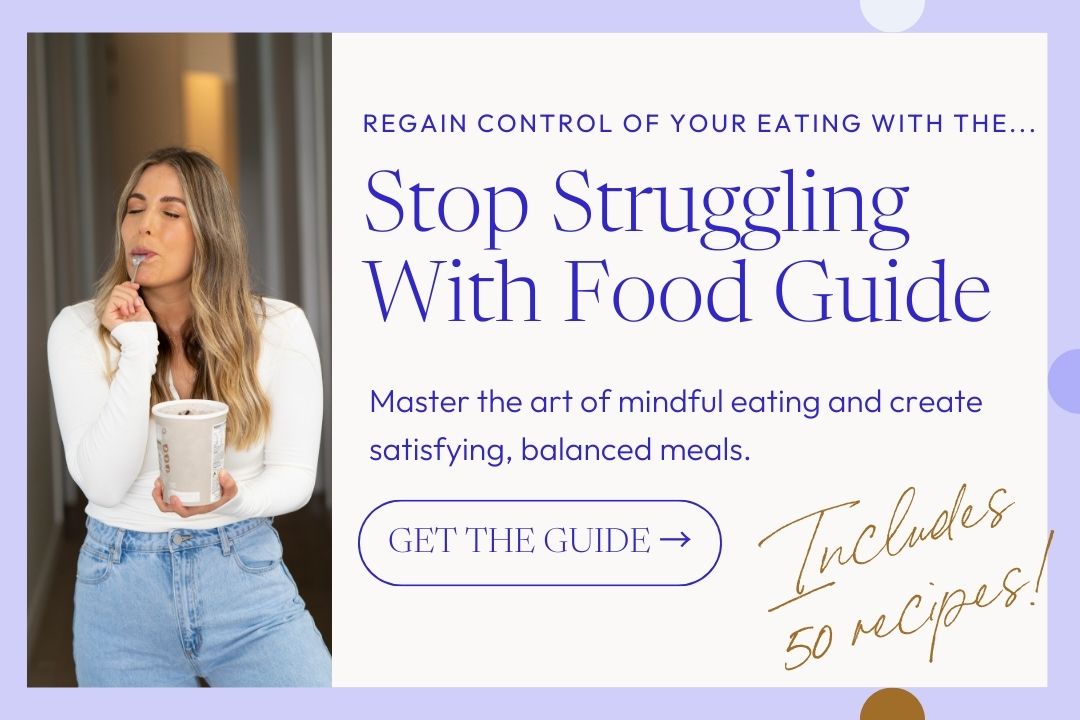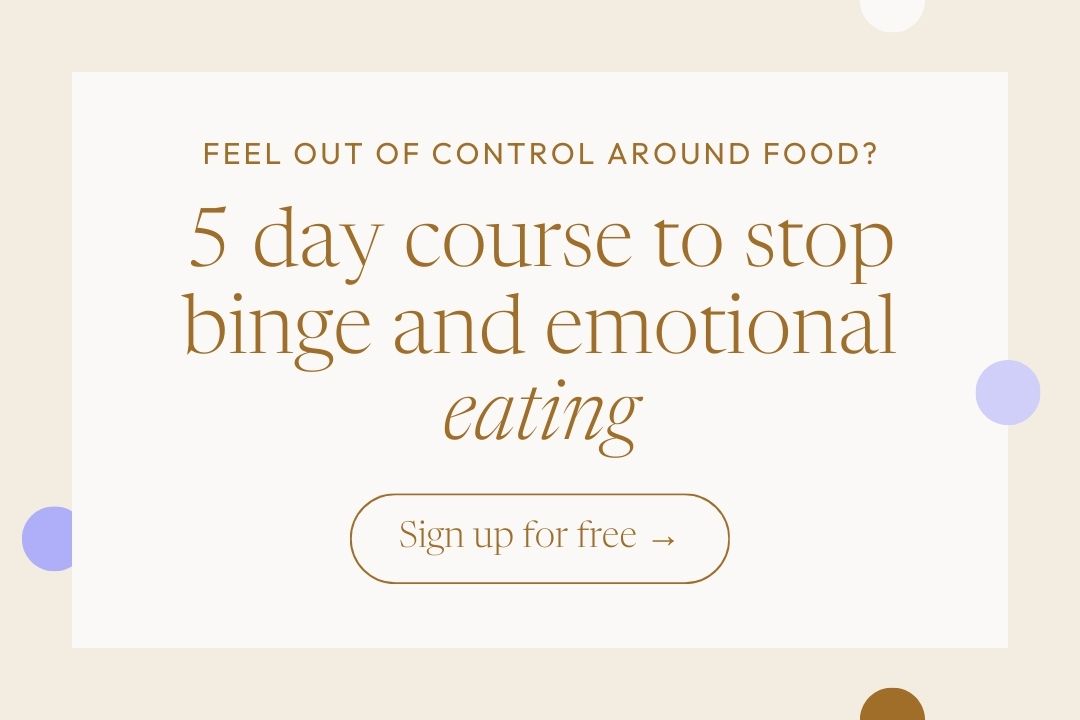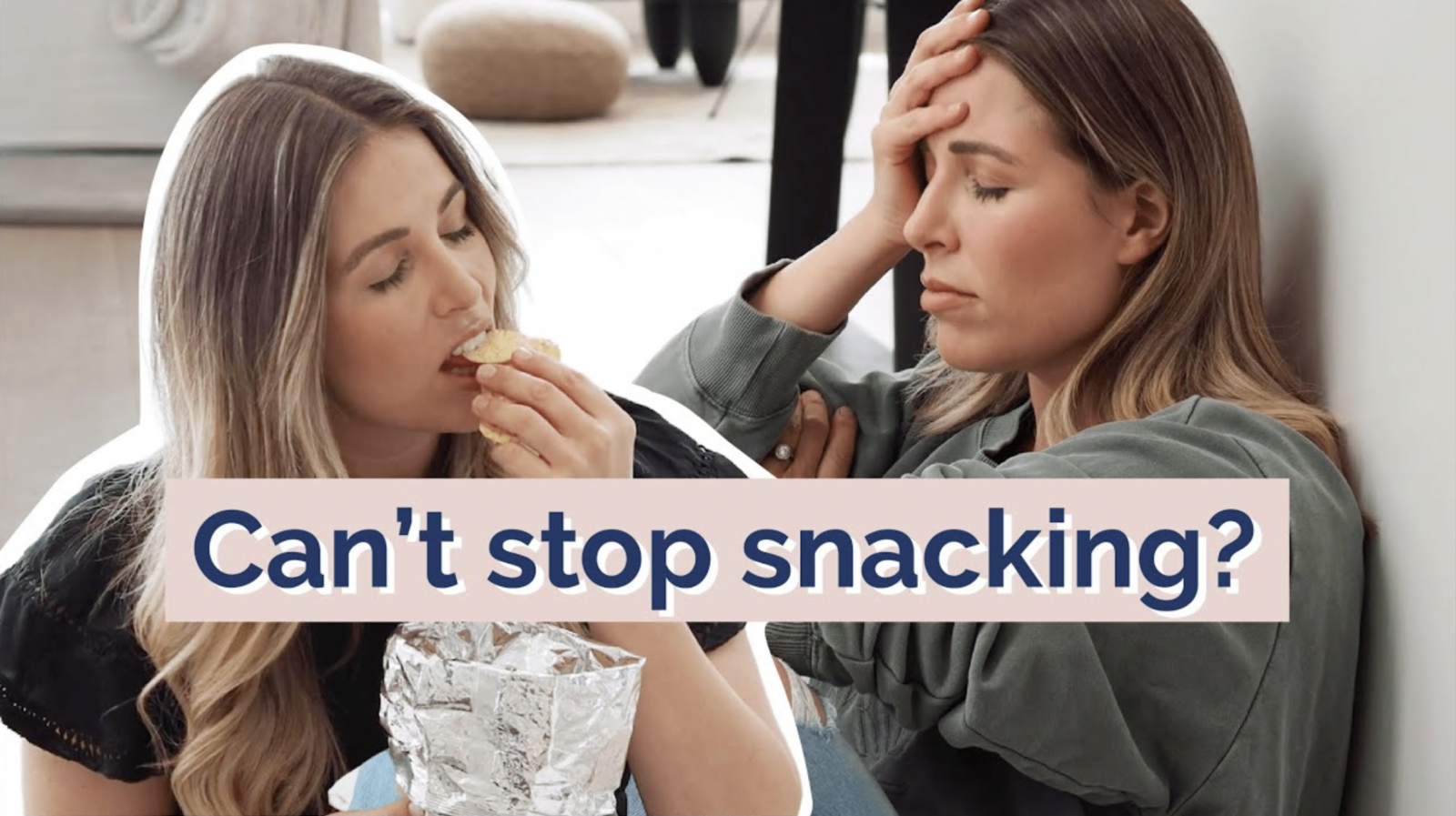Find yourself constantly boredom eating? Before you know it, you’re on the couch eating a box of cookies, block of chocolate and 5 stale crackers. Only to realise… you’re not even hungry.
Boredom eating is a challenge that many of us encounter. Especially in an era where working from home has become more common. But this phenomenon isn’t just about filling time. It’s deeply connected to our habits, emotions, and coping strategies.
In the grand scheme of things, food is one of life’s great pleasures. It’s meant to be enjoyed. After all, life’s too short to have cake and not eat it too. But why do we so often turn to boredom eating?
The lure of the kitchen
We’ve all been there. You have nothing to do, and suddenly, the kitchen seems like the most interesting place in the world and the cookie jar softly starts whispering your name. But why? It’s not hunger driving you, it’s boredom. The ease of grabbing a snack as a form of distraction leads to mindless eating. Often followed by a hefty side of guilt.
In moments of boredom, if your default is to think about food, it becomes the natural choice for filling the void. So, if you’re someone who restricts certain food and obsesses about what you eat, then food might already be frequently on your mind. And it’s probably the very food you tell yourself you’re not allowed to eat.
Keep in mind, that you won’t always eat when you’re hungry. But constantly turning to food to deal with boredom? Well, that can be a red flag you have an unhealthy relationship with food.
The transition away from boredom eating doesn’t happen overnight. And although your gut reaction might be to focus on strict control or rigid meal times, this is the opposite of what you should be doing.
Here’s 4 things you can start doing:
1. Focus on HOW you eat during the day
What I mean by this is to try eat more mindfully. This helps to dial down the diet noise. And once you start tuning in to your body’s cues and treating food like a dialogue rather than a monologue, you allow yourself to reach for what truly satisfies you. Both physically and emotionally. So, put down your phone and focus on what’s on your plate when you eat at the table.
The outcome? Your mind frees up from the constant food chatter. Giving you space to focus on more important things. Like what book you’re going to read when you get home or the outfit you’ll wear for your weekend date.

2. Make a habit switch
It’s common to have a conditioned response to eat when you’re bored. You might find that when you switch on the telly, you feel like grabbing a snack. That’s because we’ve conditioned ourselves to associate certain activities or times with eating, regardless of our hunger levels.
Recognising these patterns is the first step toward mindful eating. The key here is to ask yourself if you really enjoy this habit, or how it makes you feel. But remember, this should come from a place of “I don’t want to do this because it doesn’t help me feel better”. Not because weight and calories are your main concern.
Then, start to think about what other things you can do instead. Do you enjoy watching the Kardashians enough to not have a box of cookies at the same time? Or can you come up with other activities that don’t make you feel bored and keep you distracted?

3. Tune into your secret weapon – hunger
Listening to your hunger and allowing yourself to eat what truly satisfies you is like forging an alliance with your body. It allows you to trust your food choices and reduce the guilt, restriction and constant cravings. Making it a whole lot easier to overcome boredom eating.
Can’t tell if you’re hungry or bored? The Hunger Scale is a simple tool that can help you work out how hungry you are, better respond to your appetite and be an intuitive eater.

4. Replenish your snack drawer
Despite the silly diet advice that advocates for restriction, making nutritious and enjoyable snack options easily accessible can help you make healthier choices that leave you feeling full and satisfied.
So, start by recognising what’s in your pantry. Instead of only having chocolate, chips or lollies – get a nut mix, crackers, yoghurt, nut butter and fruit you actually enjoy. And please, don’t buy boring fruit that only goes sad. Even if it means spending a little more, you’re far better off buying fruit you’ll want to eat – than something like an apple that doesn’t get eaten and the only attraction it gets is from fruit flies.
But remember, this should not become yet another diet rule. It’s simply a way of making healthier choices feel easier to reach for. And if you need help taking the guesswork out of planning and cooking healthy meals and snacks – Try my Back to Basics app 7 days free!
Boredom eating, rooted in habit, obsession, and a disconnect from intuitive cues, can be a challenging cycle to break. But by embracing intuitive eating, recognising your conditioned responses, and making mindful choices, constant boredom eating can be a thing of the past.
This journey isn’t about restriction or control. It’s about understanding, kindness, and reconnecting with the joy of eating in a way that meets your body’s needs.
